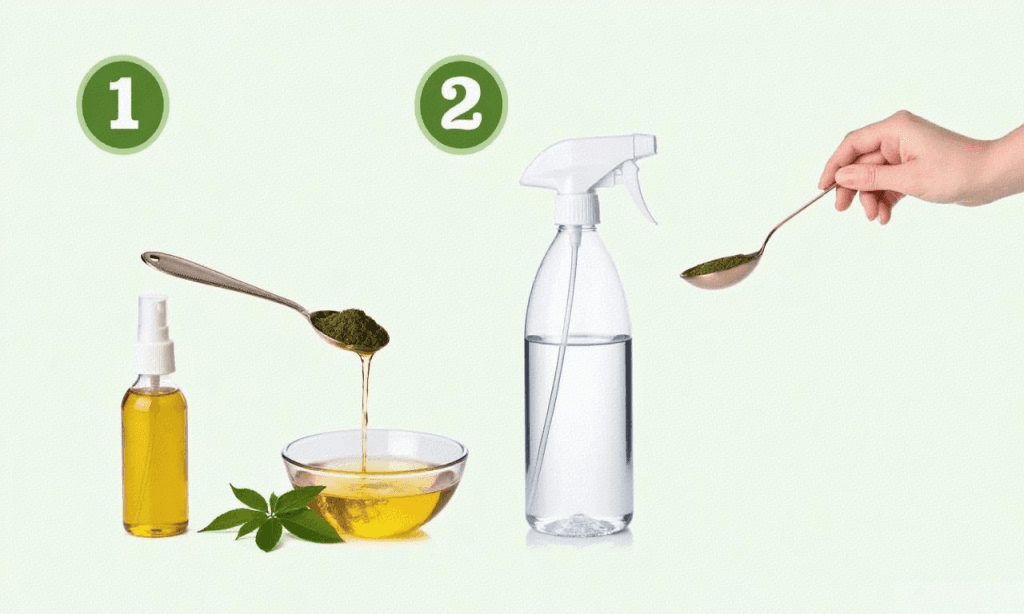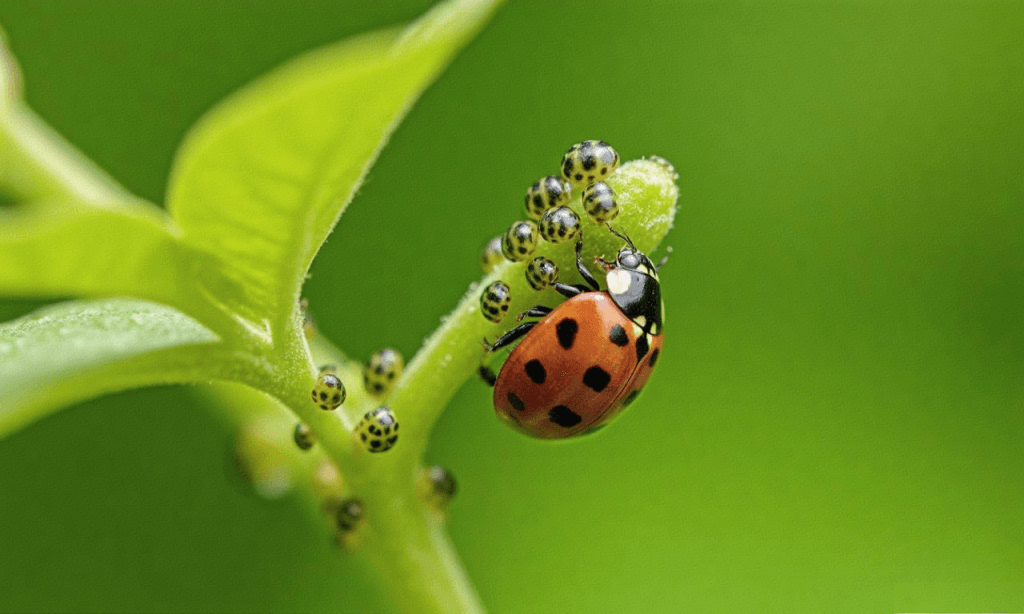How to Get Rid of Aphids Naturally: 5 Proven Home Remedies
Introduction: Winning the War Against Aphids Without Chemicals
Aphids might be tiny, but they can cause massive damage to your plants overnight. These sap-sucking pests multiply rapidly, with a single aphid producing 80 offspring in just one week according to University of California Agriculture and Natural Resources.
But before you reach for chemical pesticides, consider this: A 2023 study in the Journal of Economic Entomology found that natural aphid remedies can be equally effective without harming beneficial insects like ladybugs and bees.
In this guide, you'll discover:
- 5 scientifically-proven home remedies that actually work
- How to identify early aphid infestations
- The best prevention strategies to keep them away
- When to use neem oil vs. soap sprays for maximum impact
Whether you're growing roses, vegetables, or houseplants, these organic solutions will help you reclaim your garden safely.
1. The Power of Neem Oil (Nature's Insecticide)
Why It Works
Neem oil contains azadirachtin, a compound that:
- Disrupts aphids' hormonal systems
- Acts as an anti-feedant (stops them from eating)
- Prevents larvae from maturing
"Research from the University of Florida shows neem oil provides 85% aphid control when applied every 5-7 days."
How to Use It
- Mix 2 tbsp cold-pressed neem oil + 1 tsp liquid soap per gallon of water
- Spray undersides of leaves at dusk (avoids sunburn)
- Reapply after rain
Pro Tip: For heavy infestations, add 1 tbsp baking soda to prevent sooty mold.
2. Soap Spray: The Instant Knockdown Remedy
The Science Behind Soap
Insecticidal soaps work by:
- Dissolving aphids' protective waxy coating
- Causing dehydration within hours
Case Study: An Oregon rose gardener eliminated 95% of aphids with 3 applications of Castile soap spray over 10 days.
DIY Recipe
- 1 tbsp pure liquid Castile soap (not detergent)
- 1 quart warm water
- 1 tsp vegetable oil (helps stick to leaves)
Warning: Test on a few leaves first—some plants (like peas) are sensitive.
3. Garlic & Chili Pepper Spray (Nuclear Option)
When to Use This
For severe infestations that resist milder treatments. The capsaicin in peppers and allicin in garlic create an uninhabitable environment for aphids.
Recipe
- Blend 2 bulbs garlic + 5 hot peppers + 1 quart water
- Strain after 24 hours
- Add 1 tsp liquid soap
- Dilute 1:10 before spraying
Personal Recommendation: Wear gloves—this solution can irritate skin!
4. Beneficial Insects: Nature's Pest Control
Top Aphid Predators
- Ladybugs: Eat 50+ aphids daily
- Lacewings: Larvae consume 200 aphids weekly
- Hoverflies: Each larva eats 400 aphids before pupating
How to Attract Them
- Plant dill, fennel, or yarrow
- Provide shallow water sources
- Avoid broad-spectrum pesticides
Note: In dry climates (Arizona, Nevada), mist plants to help beneficials thrive.
5. The Blast-Off Method (Water Pressure)
Best For
- Light infestations
- Tender plants that can't handle sprays
- Quick daily maintenance
Technique
- Use strong spray nozzle early in the day
- Target leaf undersides and stems
- Repeat 3 days consecutively
Pro Tip: Combine with aluminum foil mulch to disorient winged aphids.
Prevention: Stopping Aphids Before They Start
6 Smart Strategies
- Grow companion plants like marigolds and catnip
- Use row covers for vegetable seedlings
- Avoid over-fertilizing (aphids love tender new growth)
- Inspect plants weekly with a magnifying glass
- Encourage bird visitors with feeders/baths
- Rotate crops annually to break pest cycles
Regional Tip: In humid areas (Florida, Louisiana), space plants further apart to improve airflow.
When Natural Methods Aren't Enough
Upgrade to These OMRI-Listed Products
- Insecticidal soap concentrate (more potent than DIY)
- Diatomaceous earth (for crawling insects)
- Pyrethrin sprays (botanical last resort)
Personal Advice: I always try 2-3 natural methods before considering stronger options.
Final Thoughts: Persistence Pays Off
Aphids may seem unstoppable, but with these organic techniques, you can:
- Eliminate 90% of aphids within 2 weeks
- Protect pollinators and soil health
- Avoid pesticide resistance buildup
As Washington State University researchers confirmed, rotating between 3 different natural methods prevents aphids from adapting.
Ready to fight back? Choose your remedy and reclaim your garden today!
Disclaimer
Results may vary based on infestation severity, weather, and application consistency. Always test remedies on a small plant section first. AI-generated images are illustrative only.
Sources Cited:
- University of California IPM Program (2024)
- Journal of Economic Entomology (2023)
- RHS Organic Pest Control Guidelines
- EPA Biopesticide Registry
mike
|
2025.04.23






